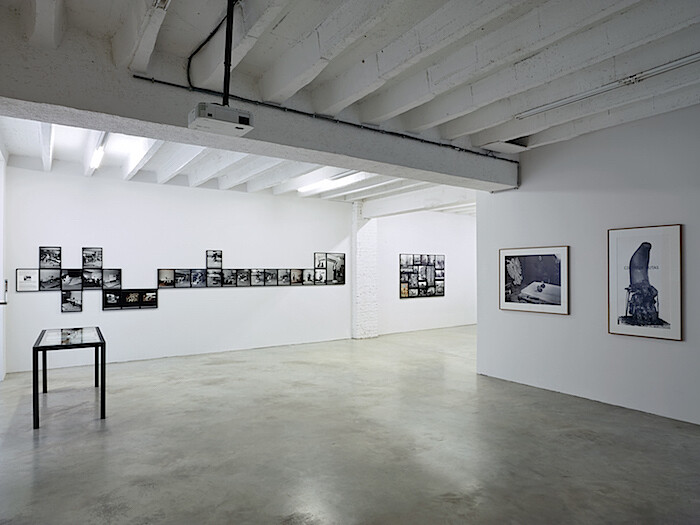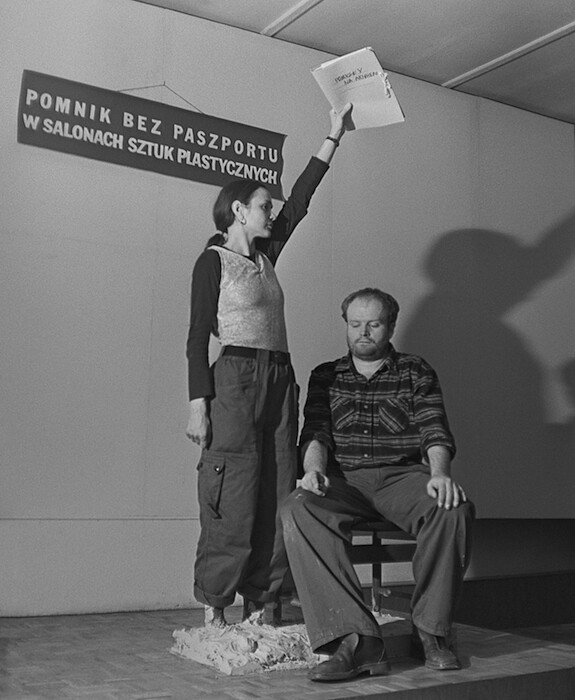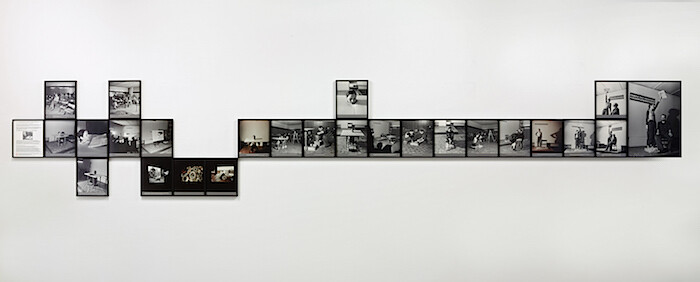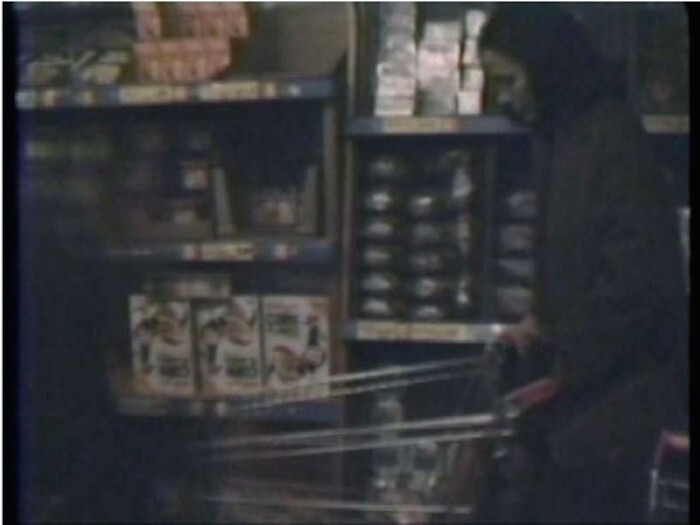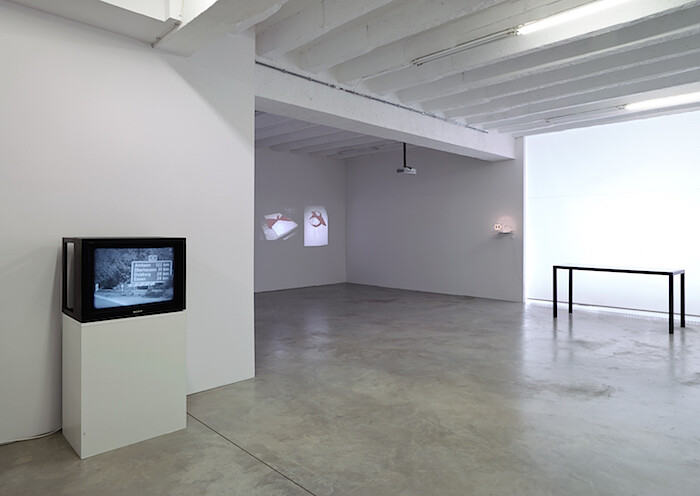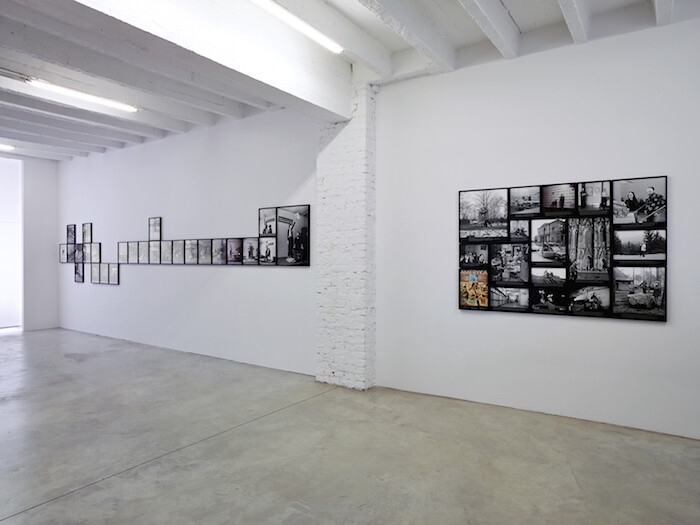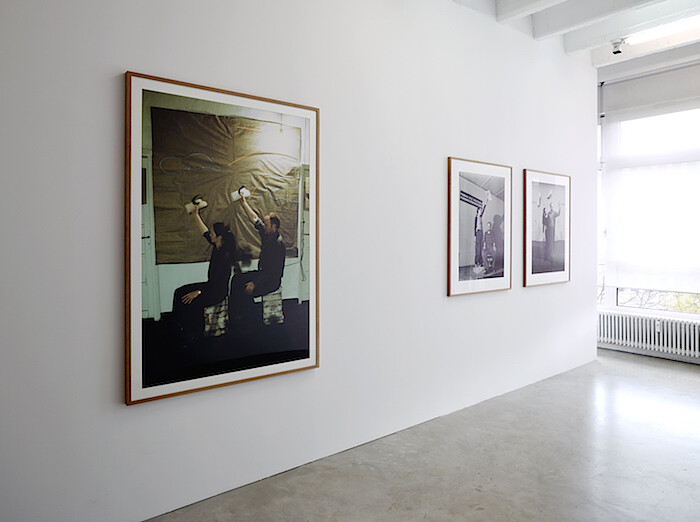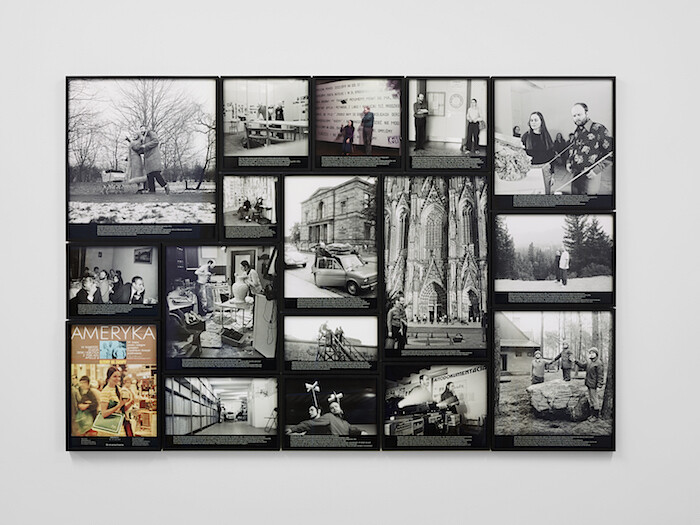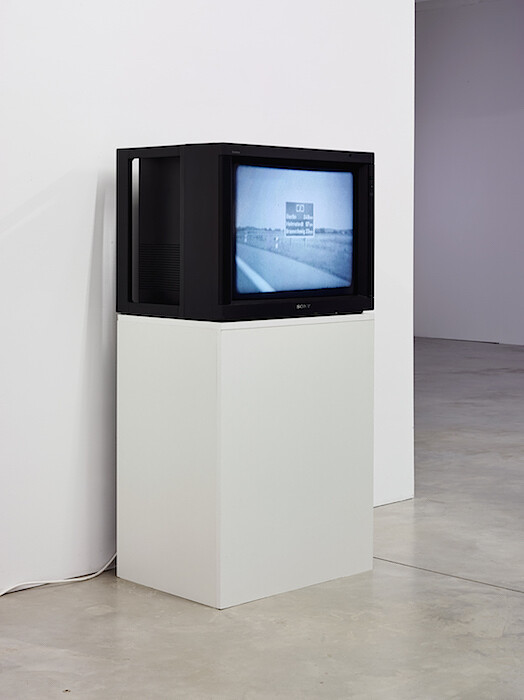Resistance is a two-sided relation. It may also include more players, as we will discuss shortly. But losing its counterpart puts it in a difficult place. All political art has to deal with this dialectic entanglement.
In 1976, artists Zofia Kulik and Przemysław Kwiek were summoned to the Polish Ministry of Culture and Art in Warsaw. They were told that they were no longer allowed to represent Polish culture abroad. Their passports were withdrawn.
From 1971 onwards, both worked under the name KwieKulik. Until 1987, they produced what was considered one the most important bodies of political performances in Europe. In 2007, Documenta 12 showed Activities with Dobromierz (1972–74), a tableau of 48 black-and-white photographs documenting their newborn son surrounded by household objects, to be understood as a general reference to social relations and artistic practice. Then, in 2009, they were invited to the 11th Istanbul Biennial, and their work was rediscovered by a wider public.
The timing of their rediscovery—as much as the timing of the passport affair—is no coincidence. To understand the political aspects of KwieKulik’s work it is necessary to take a look at their resistance’s counterpart. In the mid-1970s, the Polish government (under First Secretary Edward Gierek, whose policy was initially regarded as reformist and liberal) started to feel the impact of the oil crisis in the West. When the credit boom of the early ’70s came to an end, subventions for basic goods were cut. In order to quell public unrest, the regime resorted to repression, ultimately imposing martial law from December 1981 to March 1983.
Of the works that Żak | Branicka has selected for the current exhibition, two in particular show, respectively, what enables resistance and what happens if the counterpart gives way. The first, dating from the time when KwieKulik weren’t allowed to travel abroad, is a performance documented in a series of 25 black-and-white photographs, The Monument without a Passport (1978). In 1981, their passports were reissued, allowing them to travel to the West two months before martial law was imposed in Poland. The futility of resistance is represented by a performance called Supermarket (1981), recorded on video in a grocery store in Stuttgart as part of KwieKulik’s participation in the exhibition “New Artwork from Poland” at the Künstlerhaus Stuttgart. The works exemplify artistic reactions to two different kinds of repressive apparatuses, as Louis Althusser would have called it. In both situations, the artists were astutely aware of the power relations that shape their activities.
In Stuttgart, the camera follows the couple on a shopping spree, which, in the end, is not about shopping at all. As they push the cart, they both pick products from the shelves, mostly basic food like coffee or bread, but also figs and marzipan, until, at some point, the conversation between the two takes a turn and the action reverses. They stop to consider what they actually need, and begin to put things back until the cart is almost empty. Then, wandering to the next section, they again start to follow their desires. Until the tide turns again and they again start discussing what they actually need and can afford. Consumption does not allow for resistance. The excess of goods meets their lack of means and makes their decision-making spin in loops. And that’s exactly what their performance shows: as the cult of consumption deprives one of a counterpart, resistance faces down its own desires.
Back in Poland, three years before, The Monument without a Passport was loaded with unfulfilled dreams. Kwiek and Kulik had planned to attend a conference in Arnhem, in the Netherlands, before realizing that their passports were still revoked. In place of their trip to Arnhem, they accepted an invitation to an arts festival in the Polish town of Sopot. There, they enacted the full spectrum of the transitive relations around resistance. Their photo series starts with an explanation of why their passports were withdrawn. But performing resistance does not only involve a confrontation of power, but also the theatrical scenery of the performance itself. They decide to divide the audience. Selected friends see Kulik’s head sticking out of a table while she reads a statement about the event that led to their passports being withdrawn. The rest of the guests see her standing, still her head stuck in the table, while her feet are fixed in place with clay, like a plinth for a sculpture. The performance ends with an image of the couple in a heroic pose common to Soviet monuments, unveiling a scripture on the wall with the title of the piece. This course of events adds the public to the bifold relation of resistance—not as a neutral beholder, but as a divided entity itself. Both the artists’ tacit complicity with power and the theatrical dimension of resistance become part of the performance. With this reflective approach, their work acquires a timeless meaning. Given our current economic and political situation—with ever-more powerful state apparatuses of surveillance and growing movements of resistance—there is more than one good reason to give the work of KwieKulik a closer look today.
